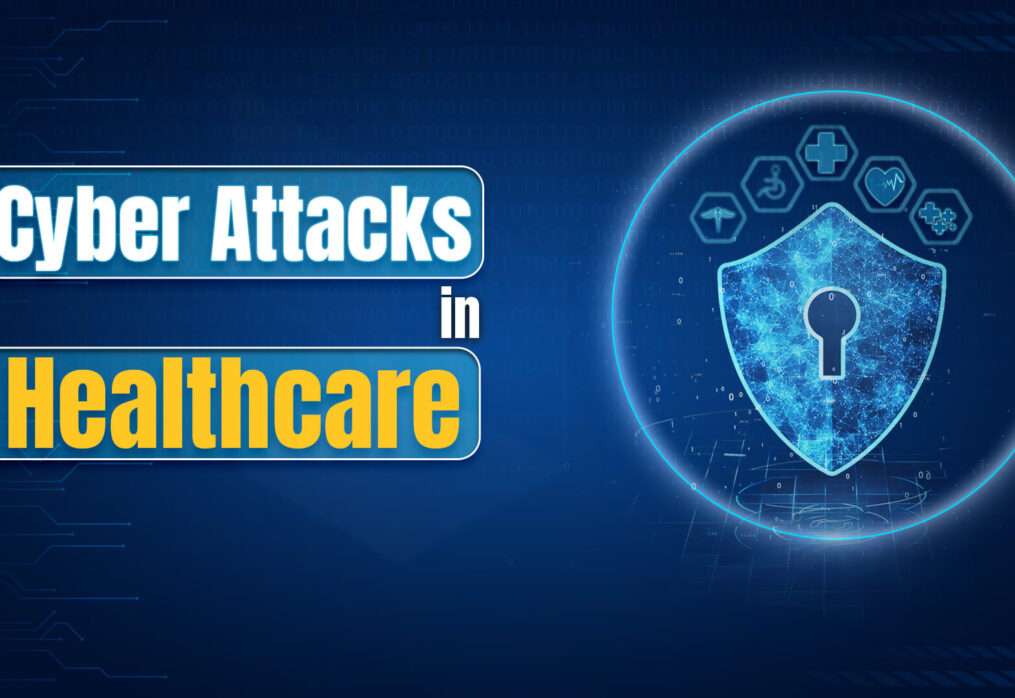IVEOND is global technology services, consulting, and outsourcing company. Collaborating with clients to help them become high-performance businesses.
Address
8th Floor, Kapil Towers, ISB Road, Financial District, Gachibowli, Hyderabad, Telangana – 500032./p>
+91 7207310409
E-mail info@iveond.com
© 2022 IVEOND - All rights reserved
